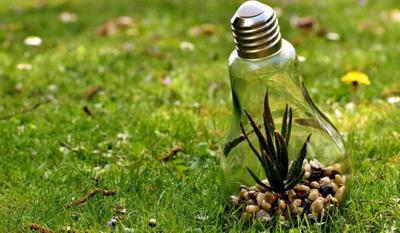Fertile Ground: Sustainability Education as a Restorative Justice Practice
- Students
- Elsa Barron & Karli Siefker
- College(s)
- College of Arts and Letters, College of Science
- Faculty Advisor
- Maria McKenna
- Class Year
- 2021

Building on literature that engages environmental education, restorative justice, and environmental justice, we designed and implemented a sustainability curriculum with a particular focus on access to nature and environmental justice for a cohort of at-risk students in the South Bend community.
We implemented this curriculum at DePaul Academy in South Bend, an organization that serves as an alternative to the traditional juvenile justice system. Our program involved weekly lessons via Zoom and then in-person when COVID-19 restrictions allowed, implemented alongside the DePaul Academy science teacher and supplemented with hands-on gardening and artistic experiences.
Our conclusions from our experience in the classroom build upon theory that emphasizes the importance of environmental access and education as a component of restorative justice. Students were exposed to ideas around sustainability and environmental justice in the context of their own community backgrounds and built connections to their own past experiences. Particularly as many of these students hold histories of trauma, an encounter with nature and environmental education demonstrated the potential to provide an experience of healing and connection to the world around them.
We have observed and received feedback regarding the direct positive impact of the course on the students at DePaul Academy, suggesting new positive directions for sustainability education in at-risk populations. We argue that similar curriculum models can be implemented in a diversity of contexts to engage marginalized students in the active process of building more healthy, just, and sustainable communities for the future.